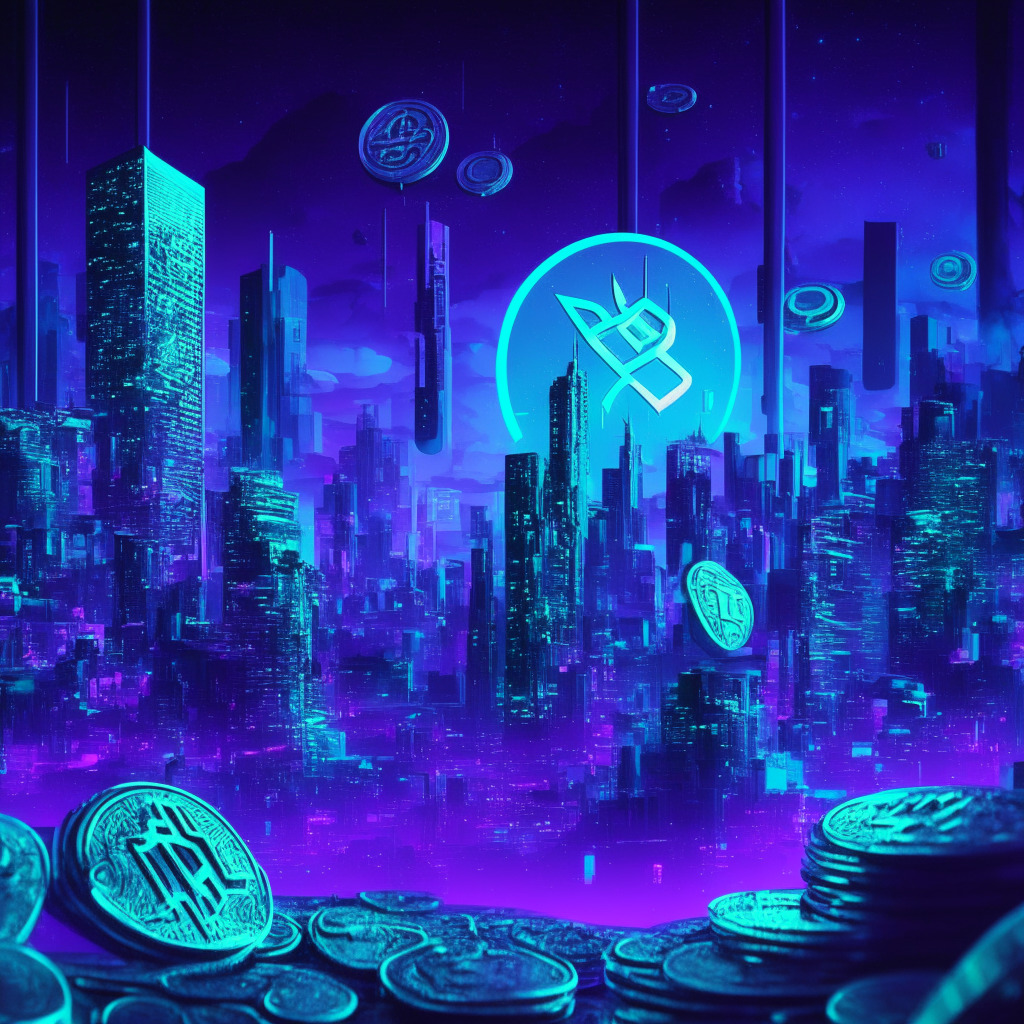Imagine a world where industries such as banking, healthcare, and even social media are revolutionized due to unbreakable, ever-learning data streams, powered by a conglomerate of Artificial Intelligence (AI) and blockchain technology. This is not a far-off future, but perhaps a reality closer than one would think.
Blockchain technology prompts the creation of unbreakable chains of data, while AI introduces self-improving algorithms that absorb and learn from their environment. But fathom what could happen when these two powerful technologies intertwine.
Artificial Intelligence, fundamentally, endows machines (especially computers) with the ability to simulate cognitive functions such as problem-solving and learning — perhaps even superior to human capabilities. This is evident in the common usage of music streaming apps, traffic light systems, and flight booking platforms because AI is ubiquitous in our everyday lives.
In contrast, blockchain technology can be perceived as a transparent, near-unbreakable decentralized system that assures secure and tamper-proof transactions. Blockchain technology utility extends beyond its current use — with prospective applications in supply chains, transparent voting, and asset tokenization.
AI and blockchain, as individual entities, have demonstrated their potency multiple times. However, combining these two can create a formidable force. AI could potentiate blockchain networks’ capabilities by hastening data processing, refining decisions in hashing algorithms, and even ‘outsmarting’ smart contracts. Concurrently, blockchain could reciprocate by enhancing the security of AI systems and ensuring that the data used to train AI models is tamper-proof and verifiable.
Integrating AI and blockchain carries its own set of challenges–one of the primary obstacles being scalability. Both AI and blockchain processes demand high computational power in real-world scenarios. However, AI can also contribute to scalability solutions in blockchain like sharding and off-chain computation. There’s also the privacy issue, as the integration requires increased data sharing, raising questions about data ownership and use.
Moreover, the integration of AI and blockchain technology requires staffing of skilled personnel experienced in navigating AI algorithms and blockchain protocols. Therefore, the ability to train and recruit such talent could be a significant aspect of this convergence’s success.
To wrap it all up, the amalgamation of AI and blockchain heralds a significant paradigm shift in modern technology. Stimulating remarkable opportunities for lives and industries to enhance, this mix of AI’s intelligence and blockchain’s trust will form the foundation for solutions more innovative than imagination can conjure.
Source: Cointelegraph




